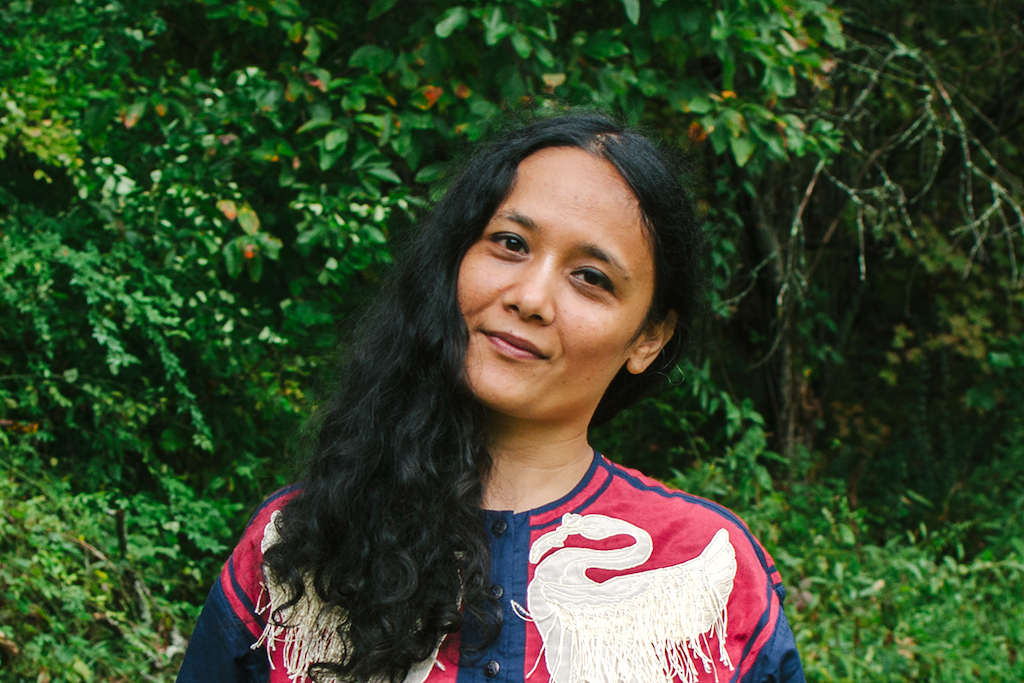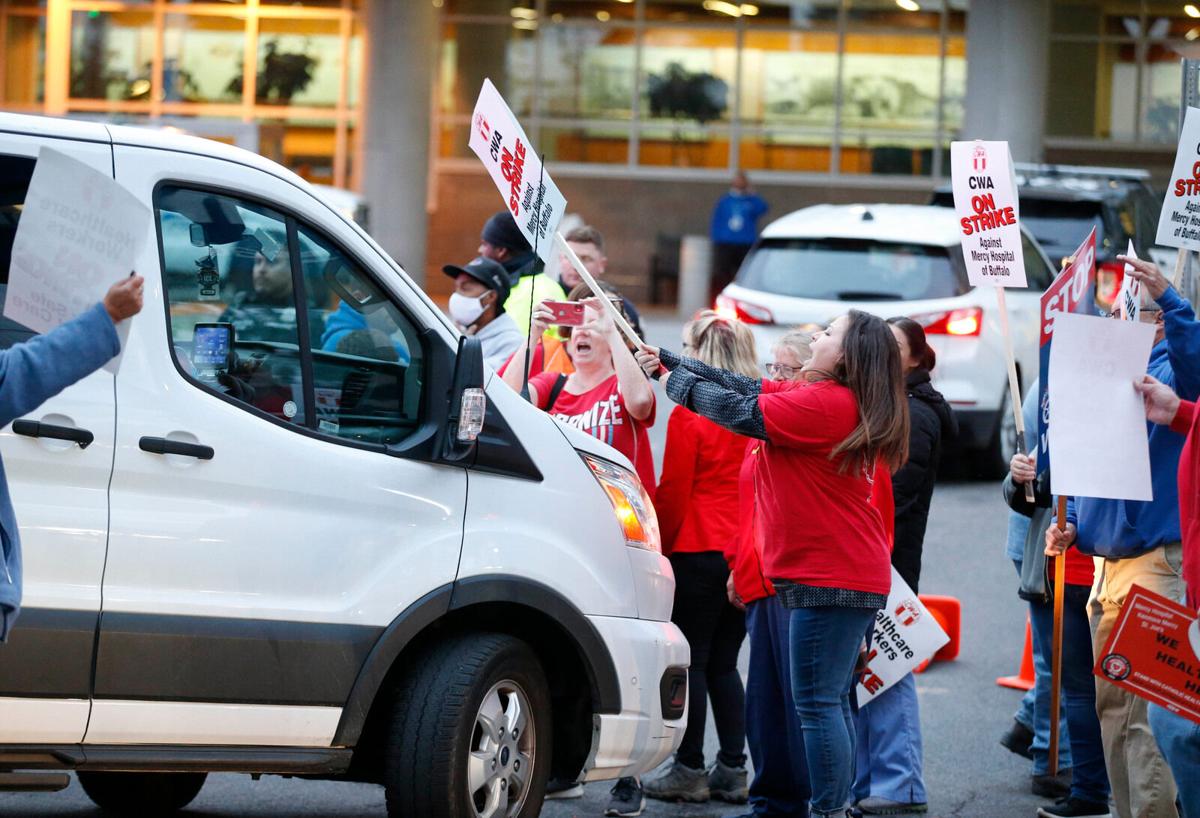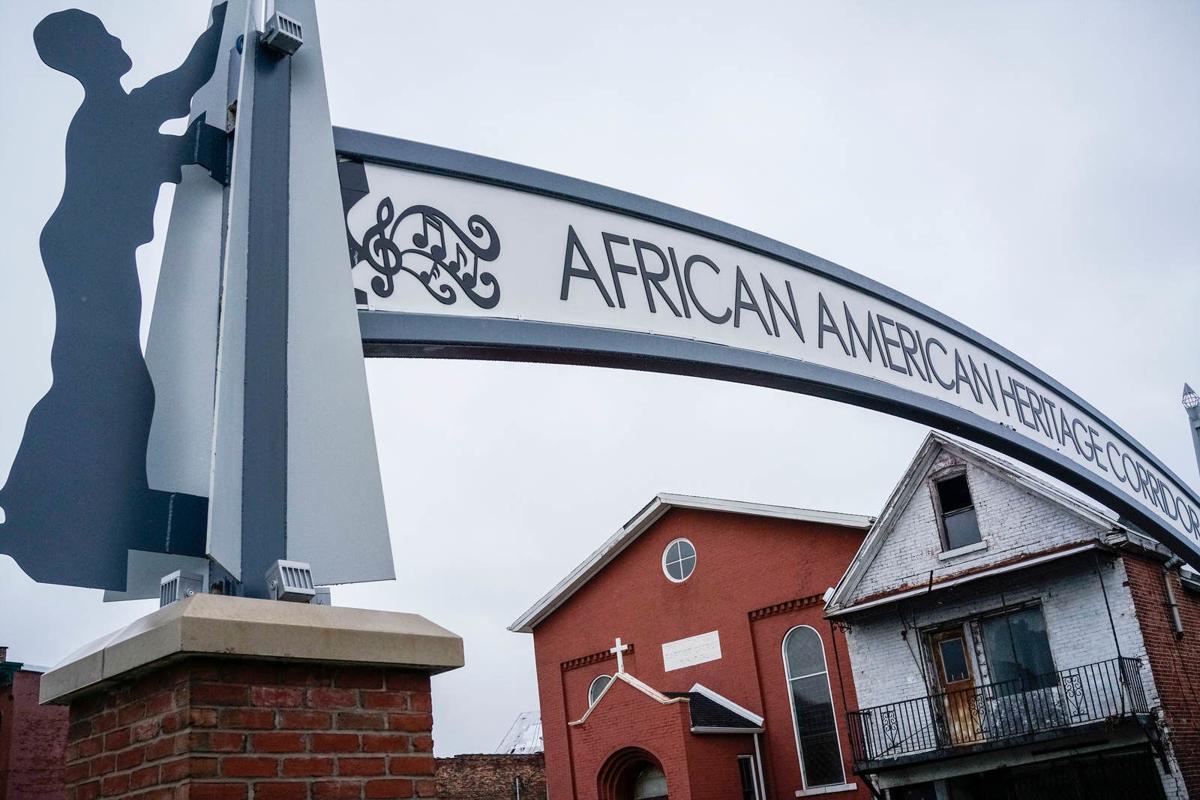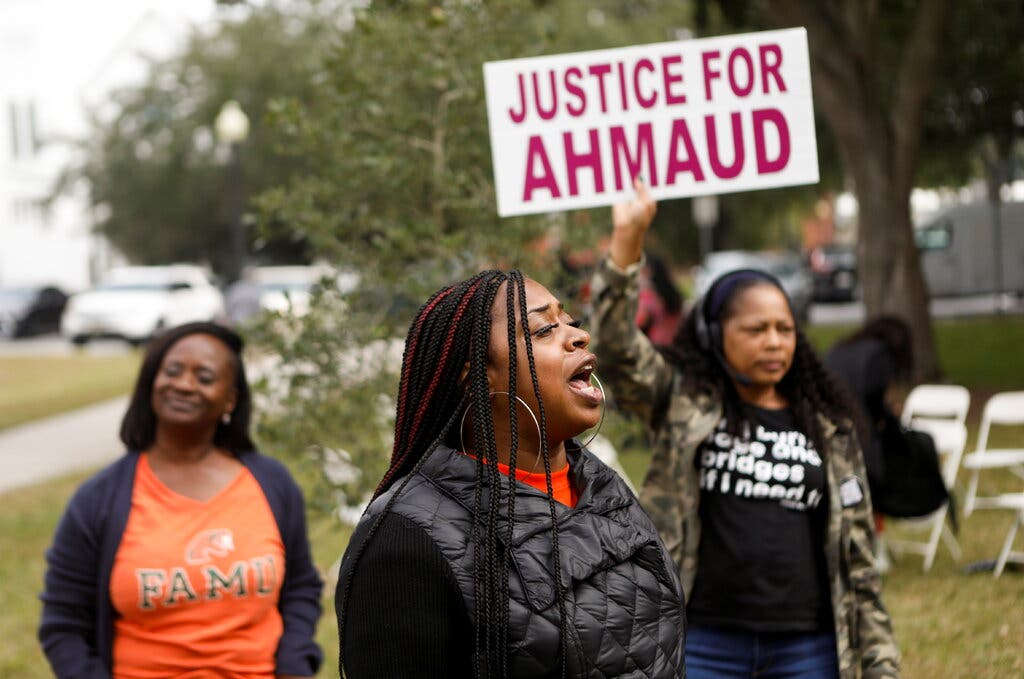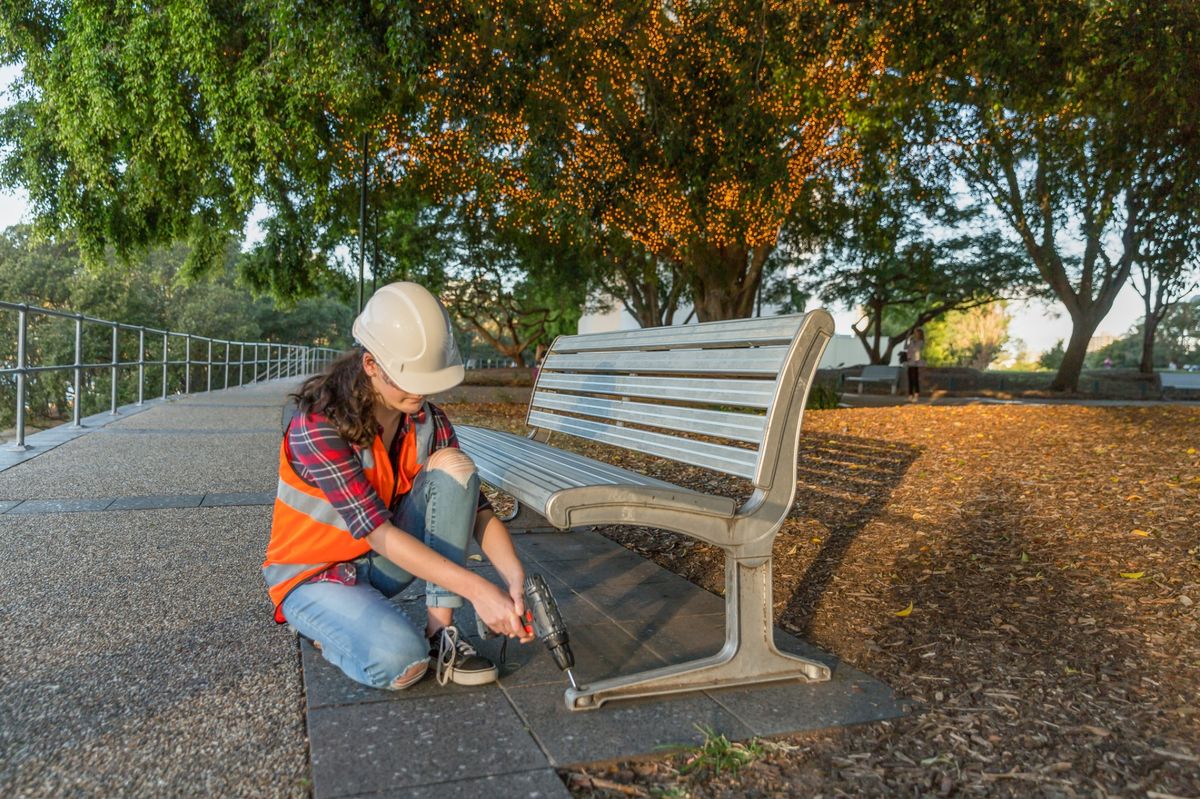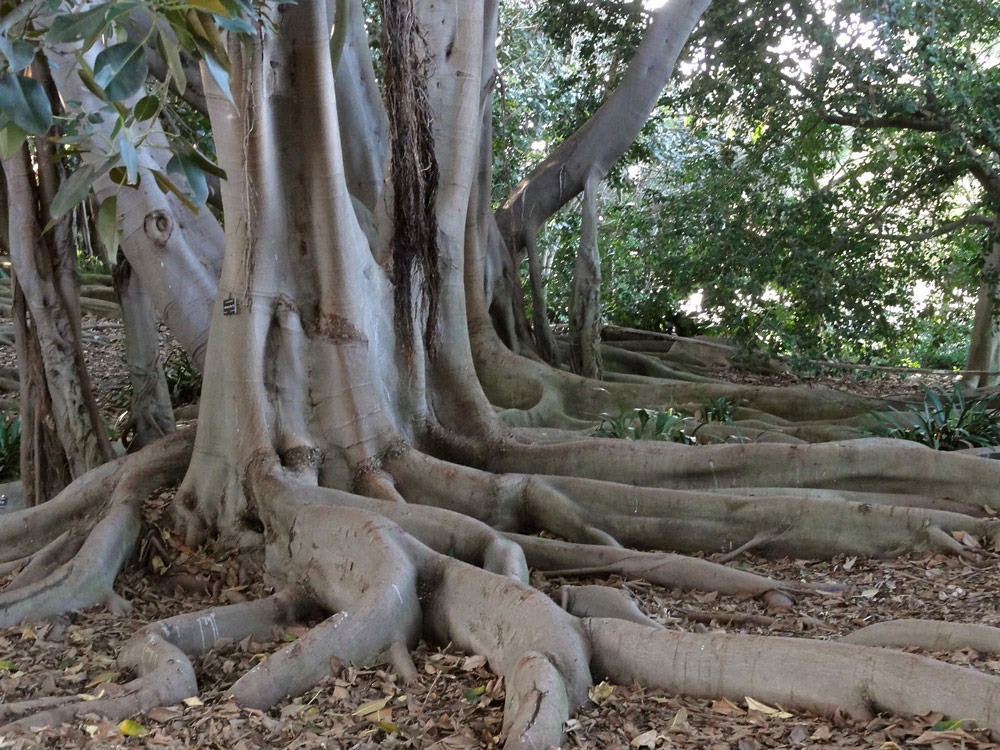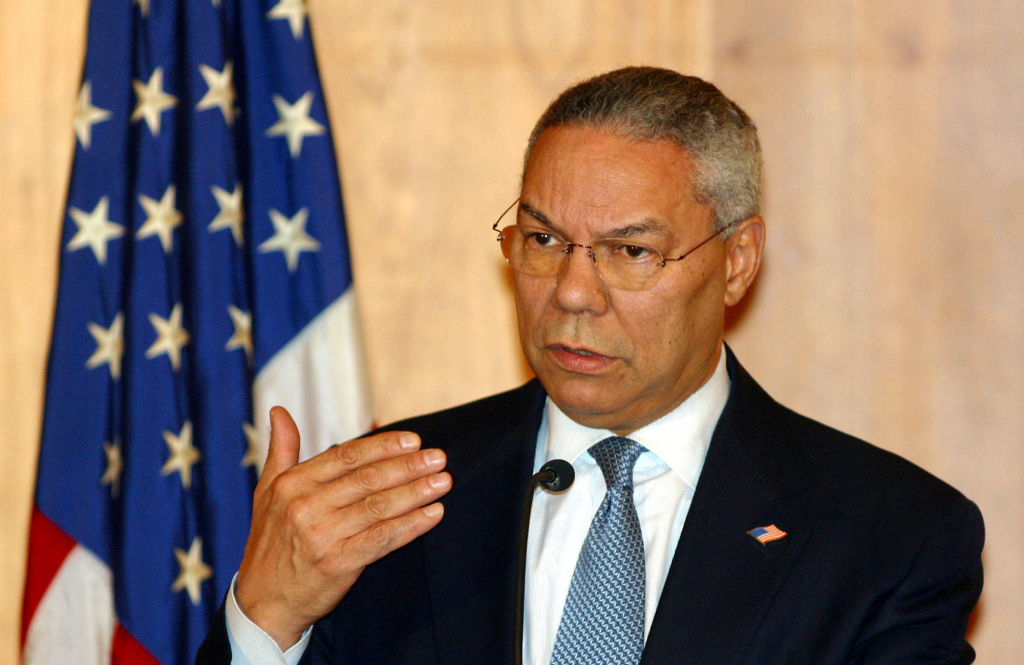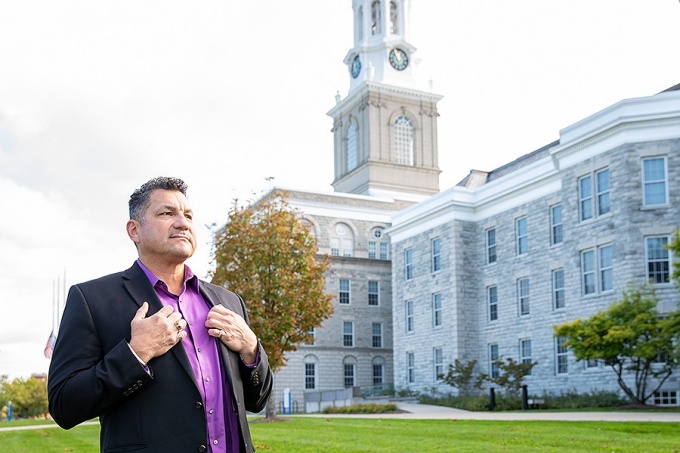“At the End of the Day, Climate Is a Working-Class Issue”
By Andrew Giambrone
Read the full article from Jacobin, here.
India Walton may have lost the Buffalo mayoral race last week, but her campaign isn’t the only socialist one in upstate New York. Today in the Mid-Hudson Valley, Sarahana Shrestha, the Ulster County cochair of the Democratic Socialists of America’s (DSA) local chapter, announced her bid for the state assembly seat for Kingston, New Paltz, Woodstock, Rhinebeck, and other areas. The seat is currently held by Kevin Cahill, a nearly twenty-nine-year incumbent expected to seek reelection in New York’s 2022 Democratic primary.

